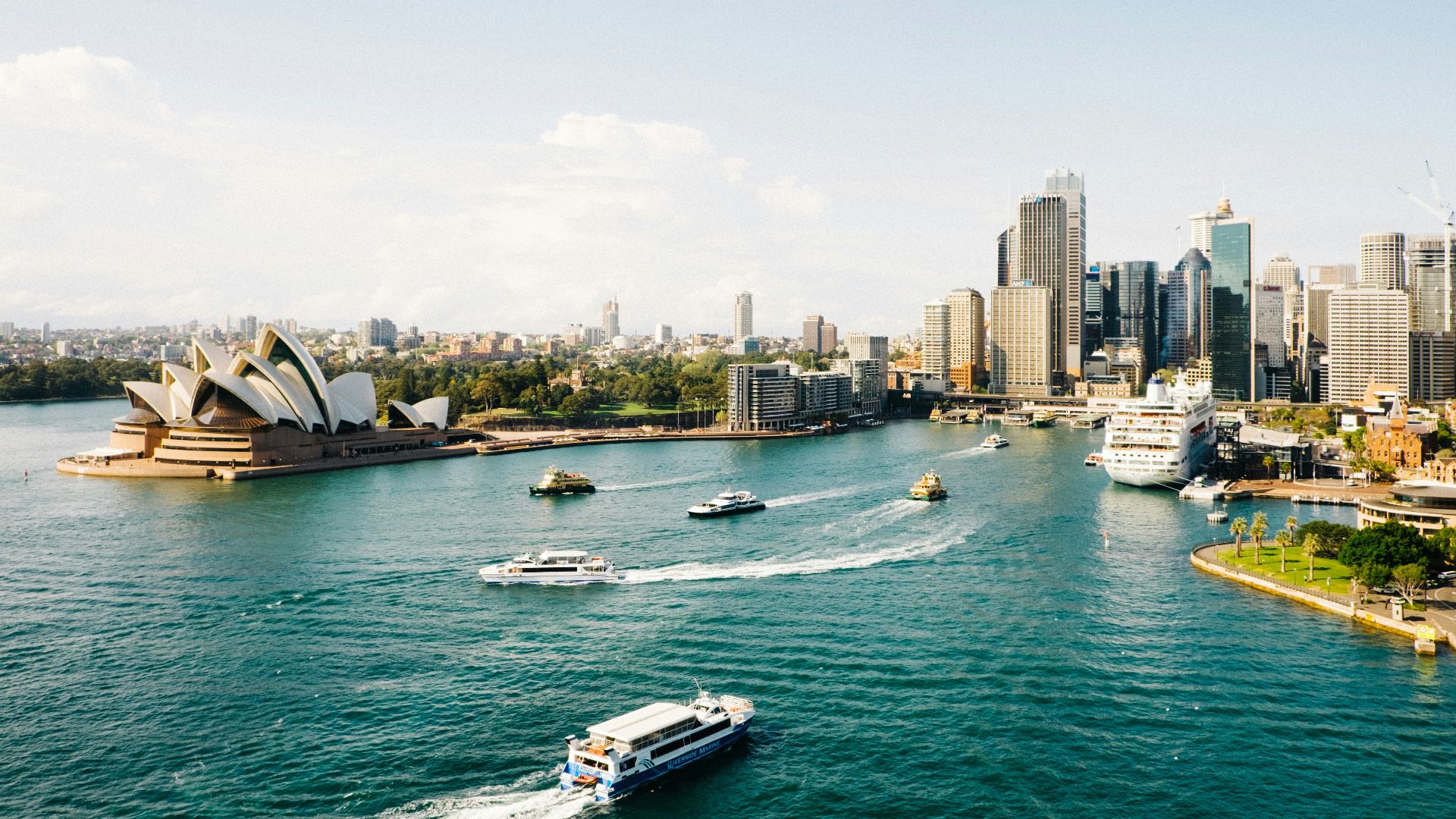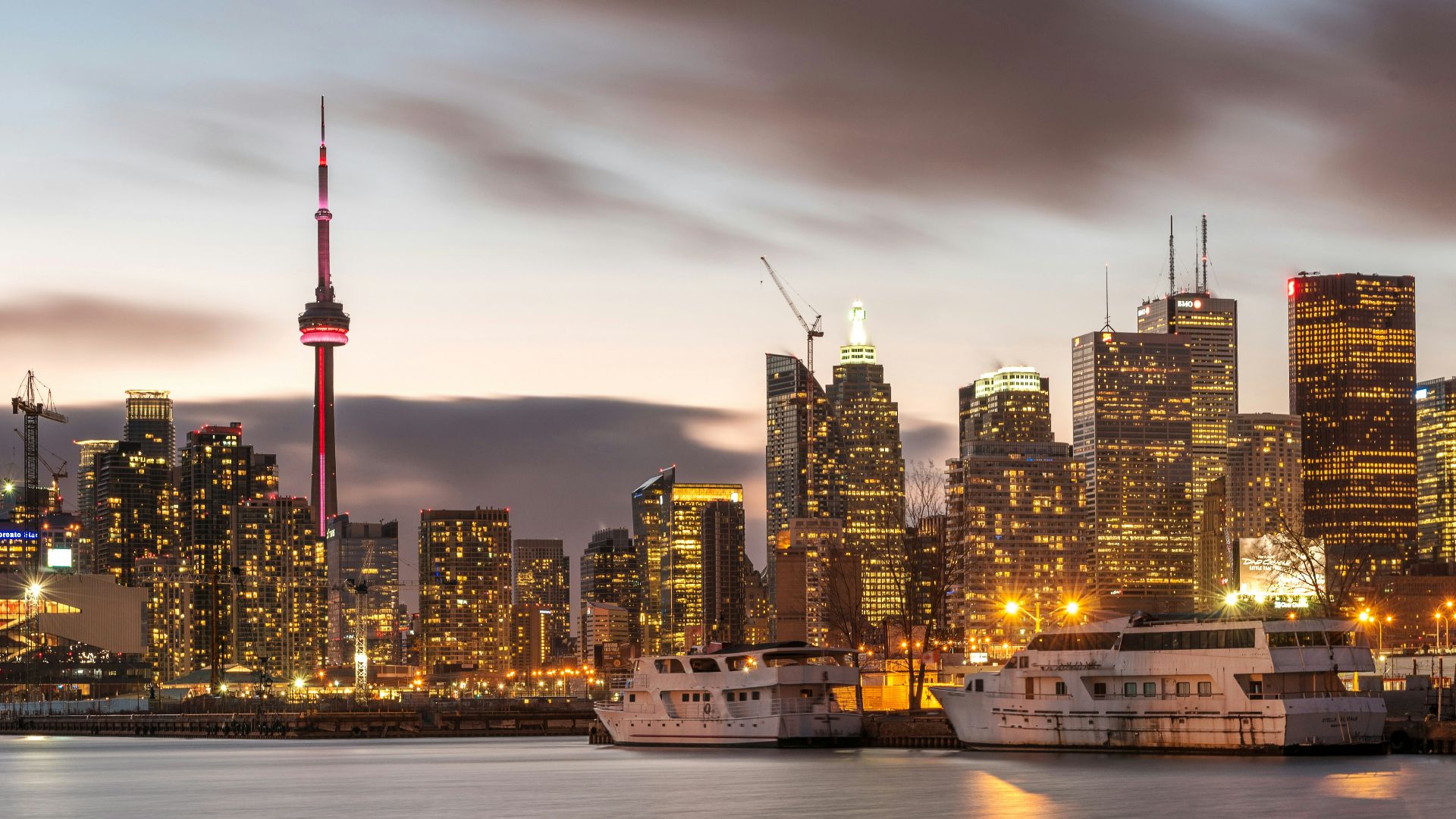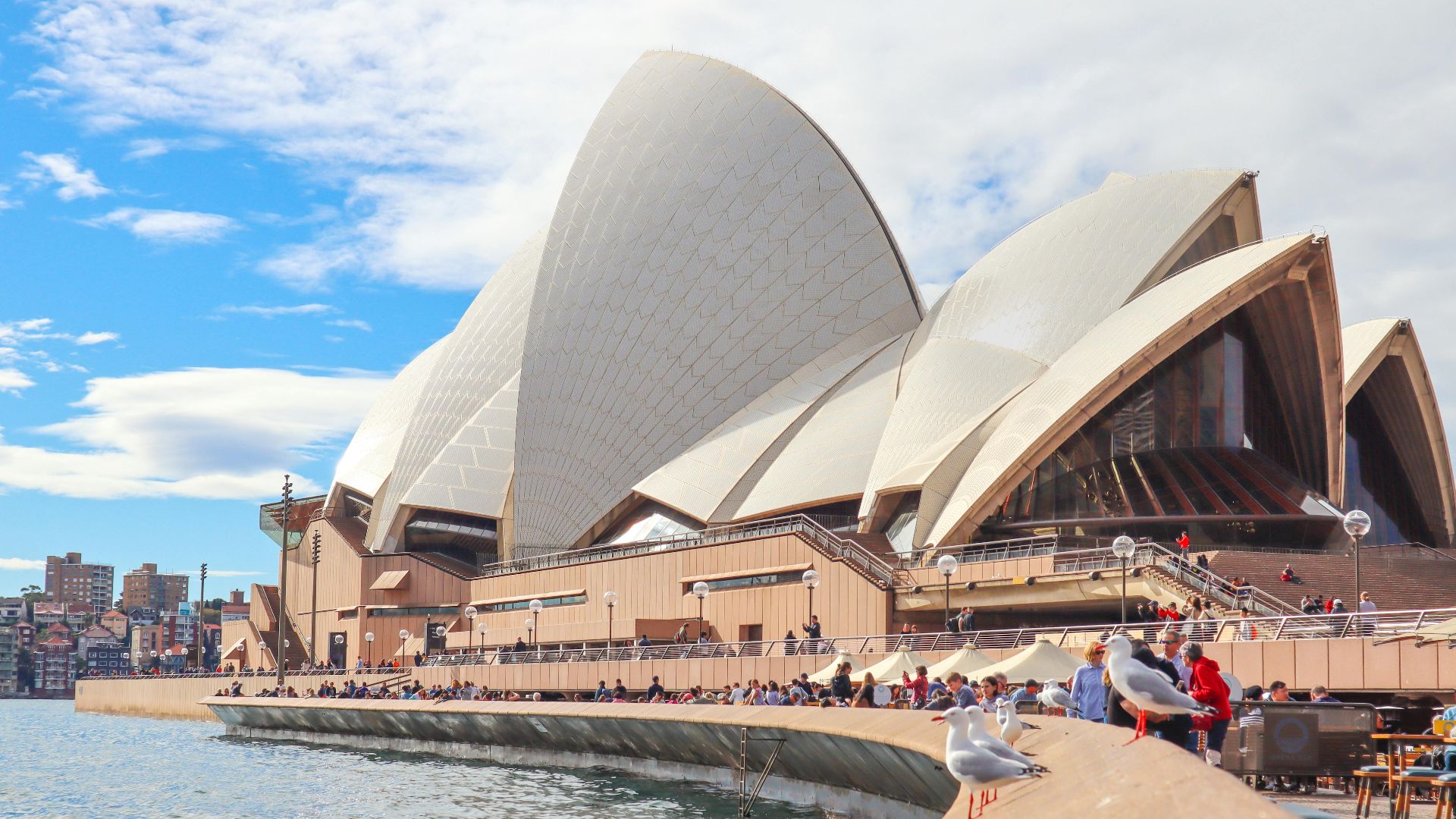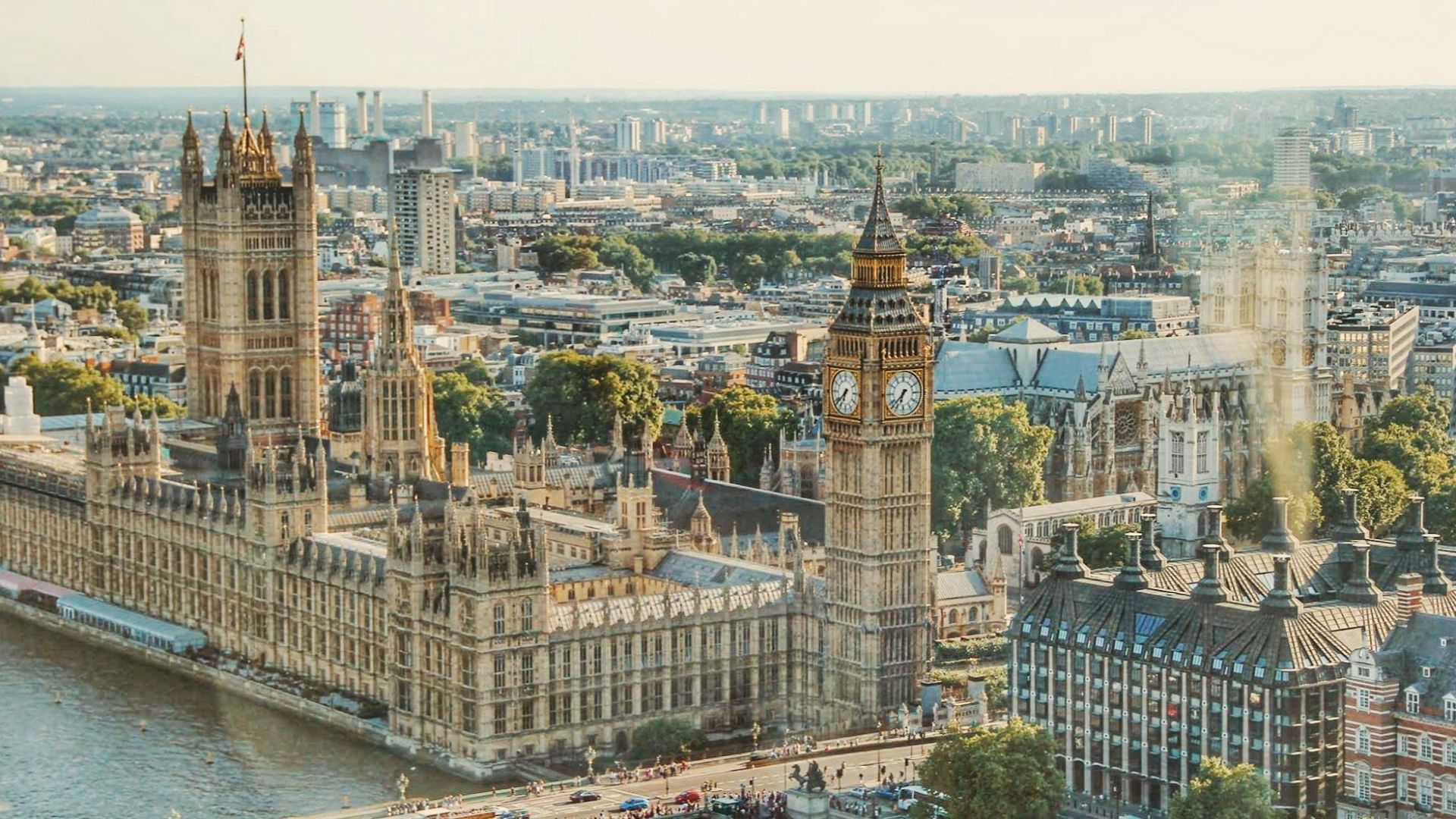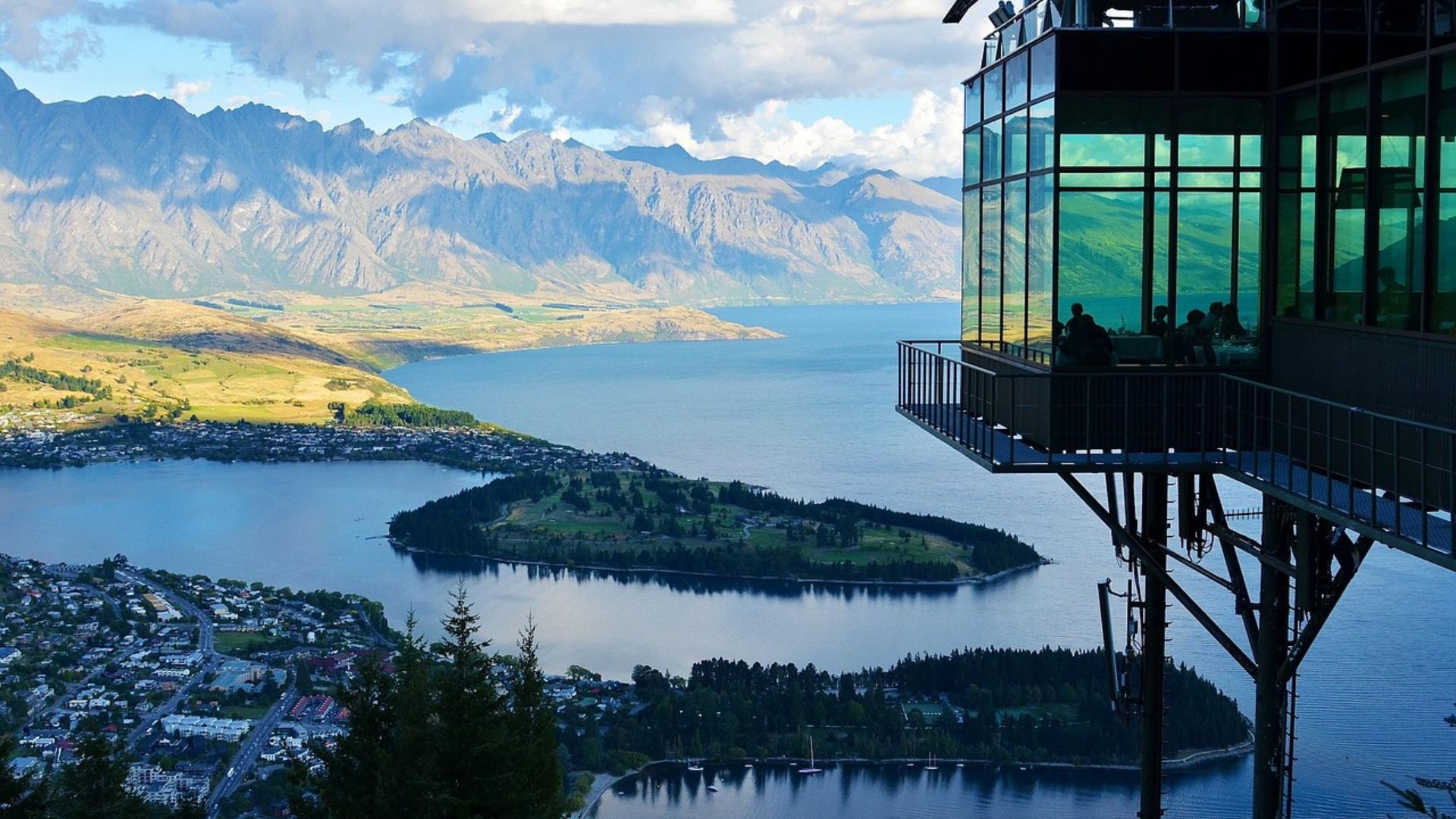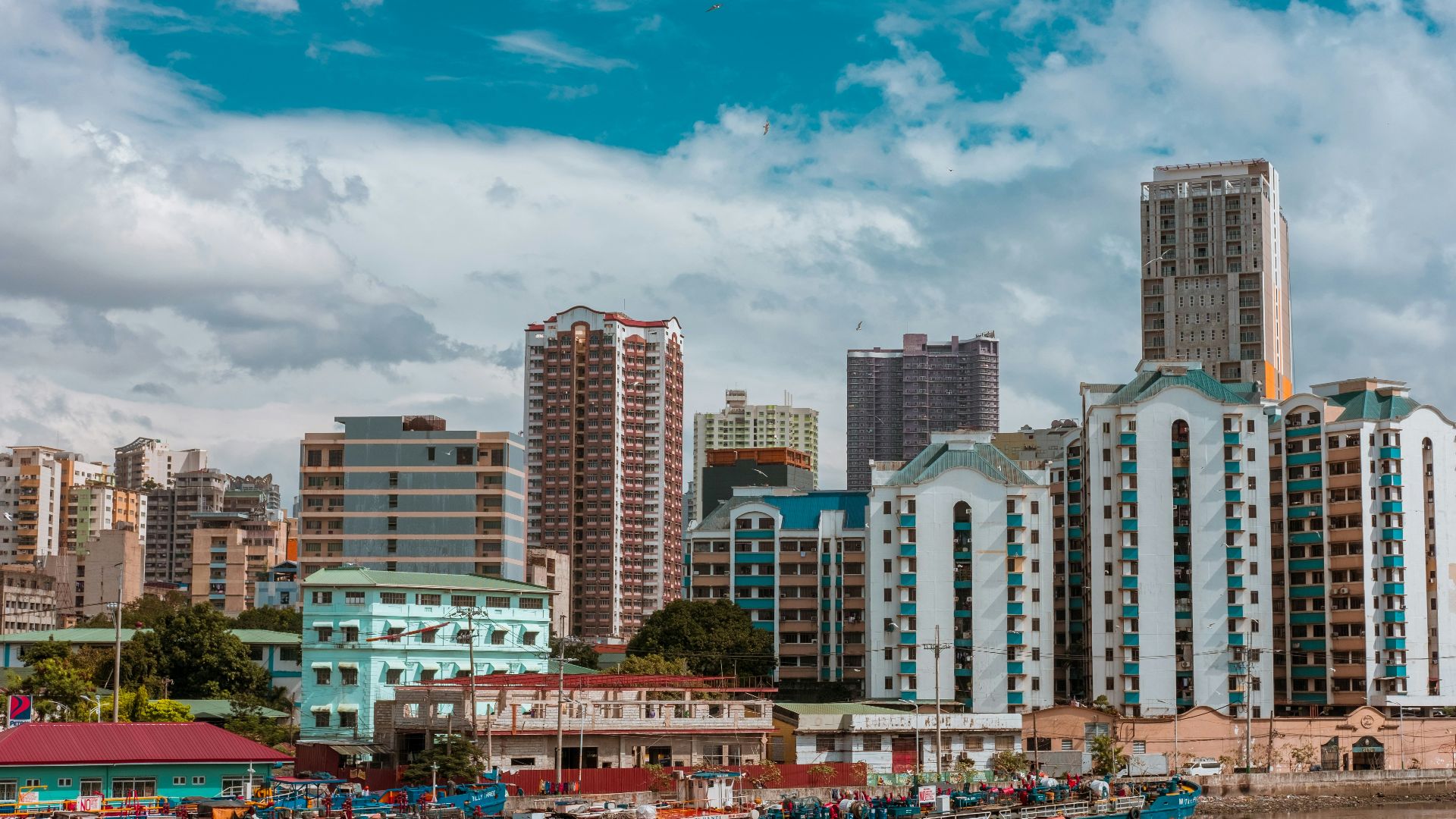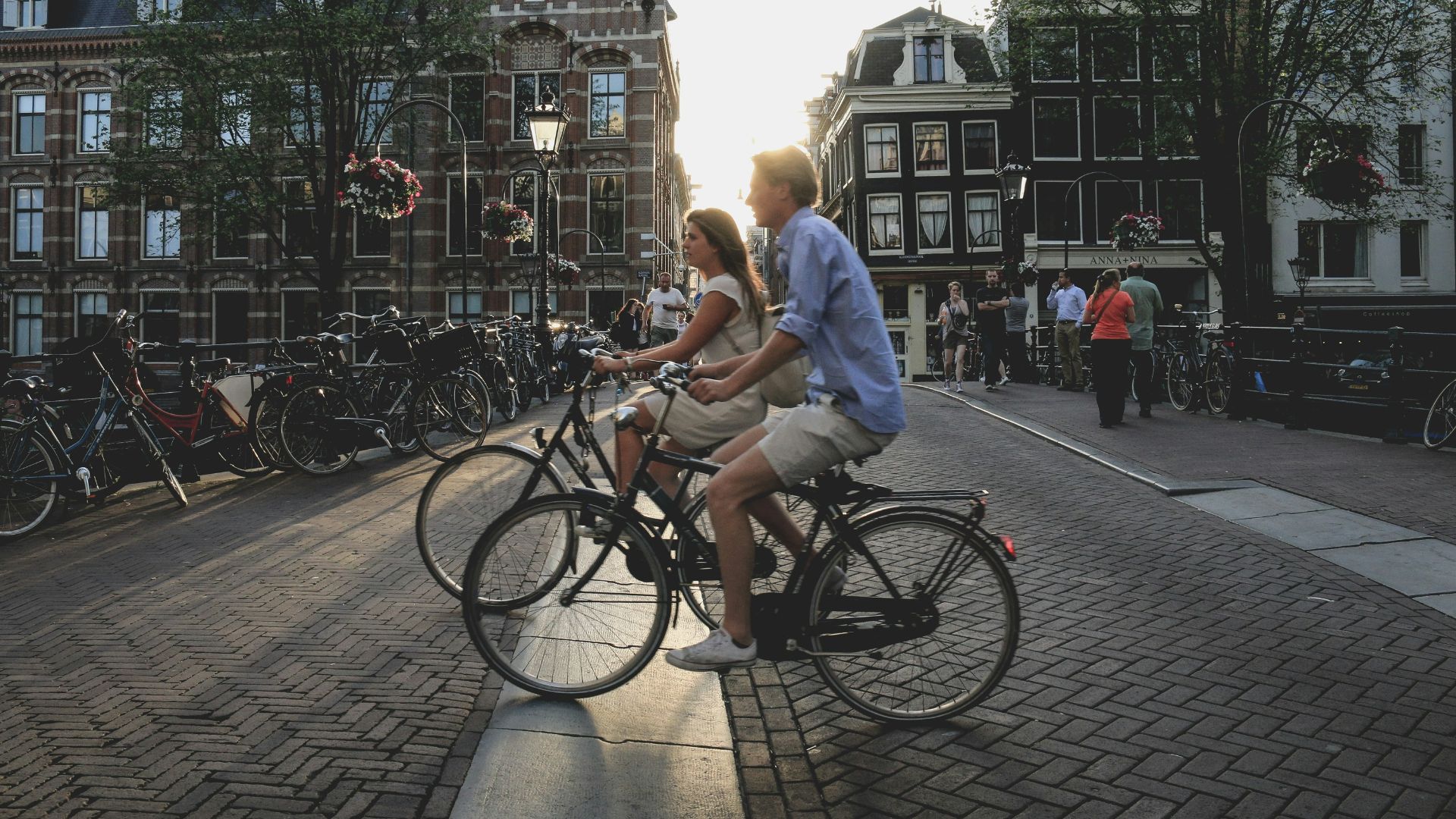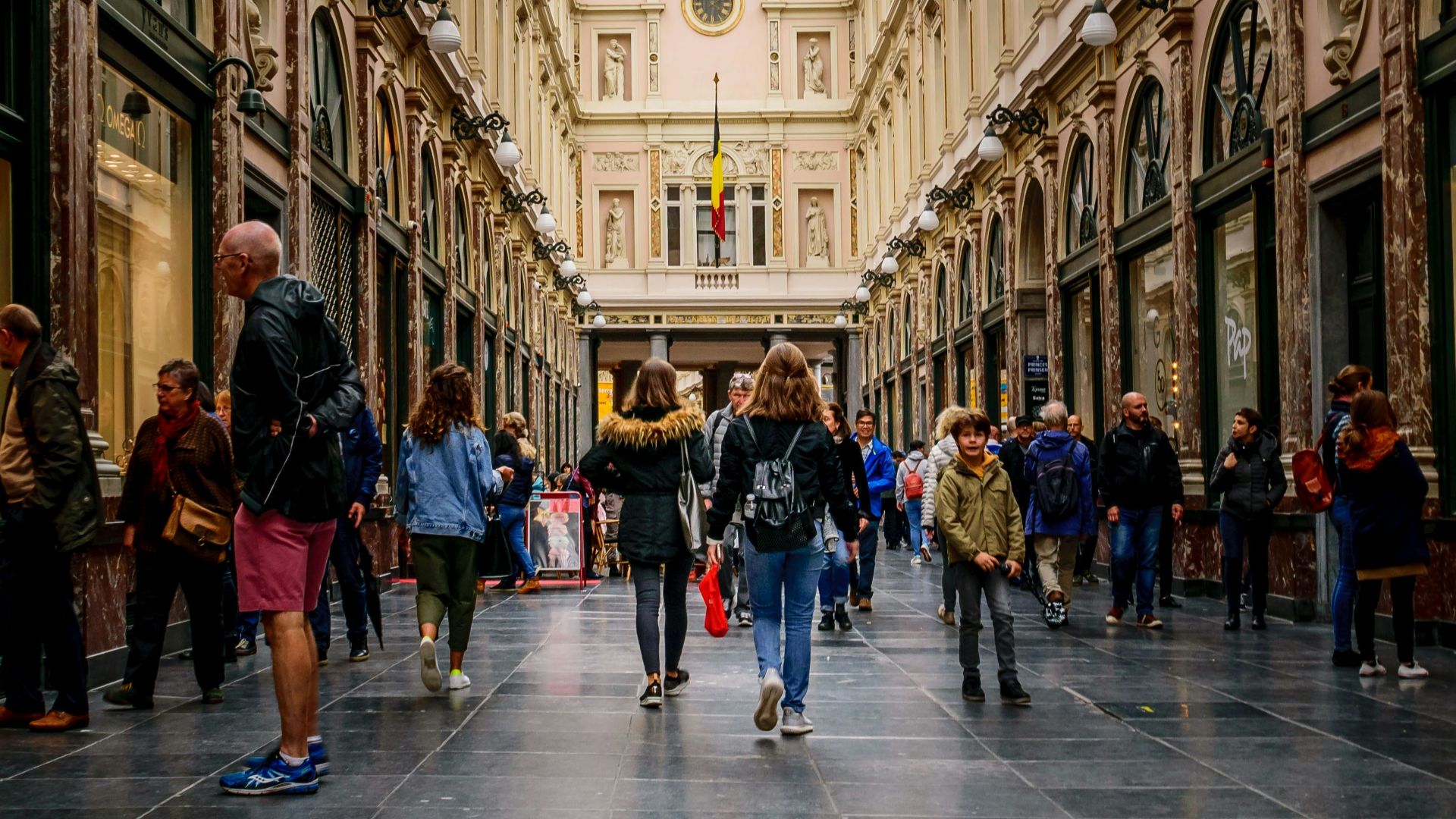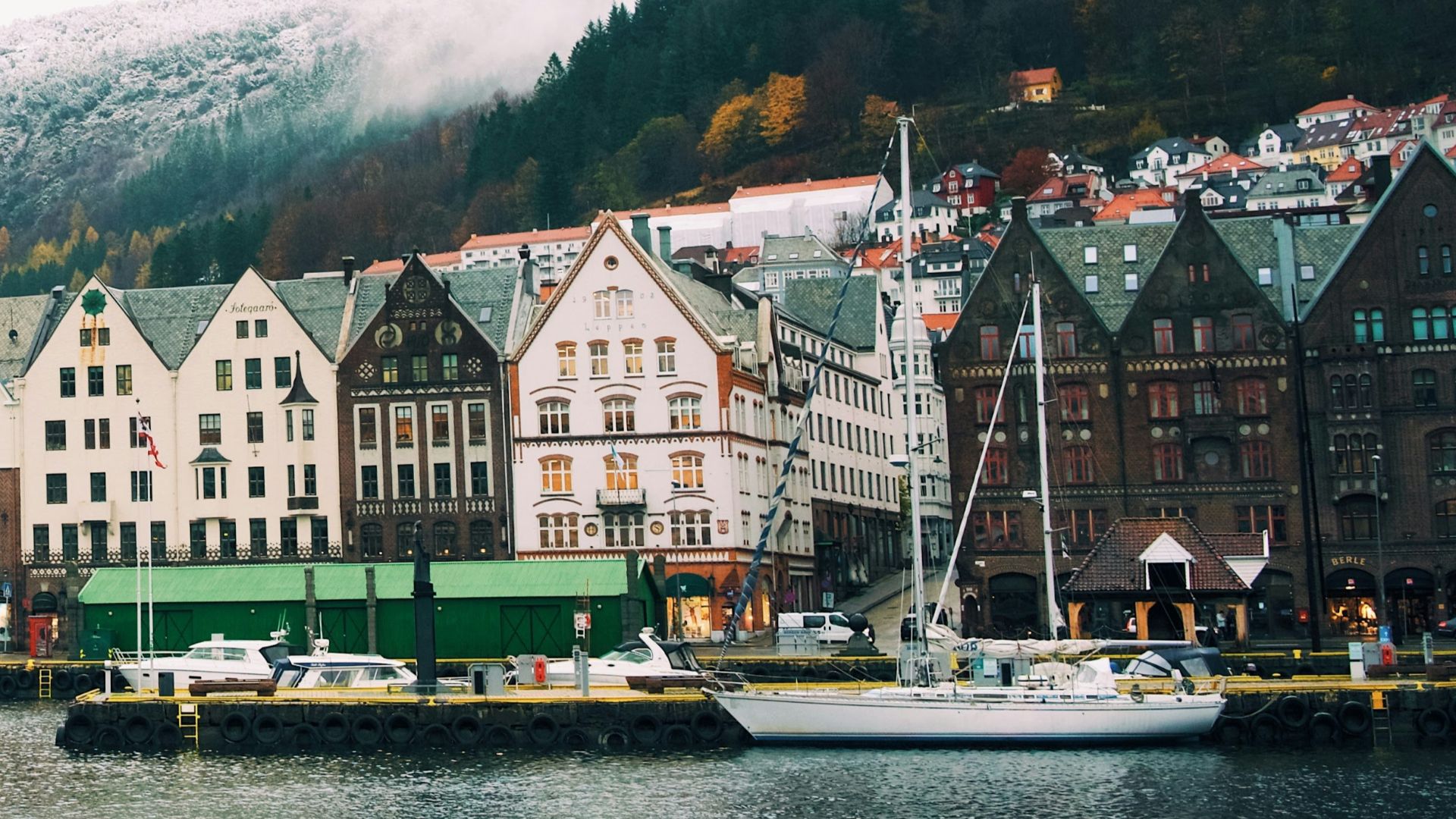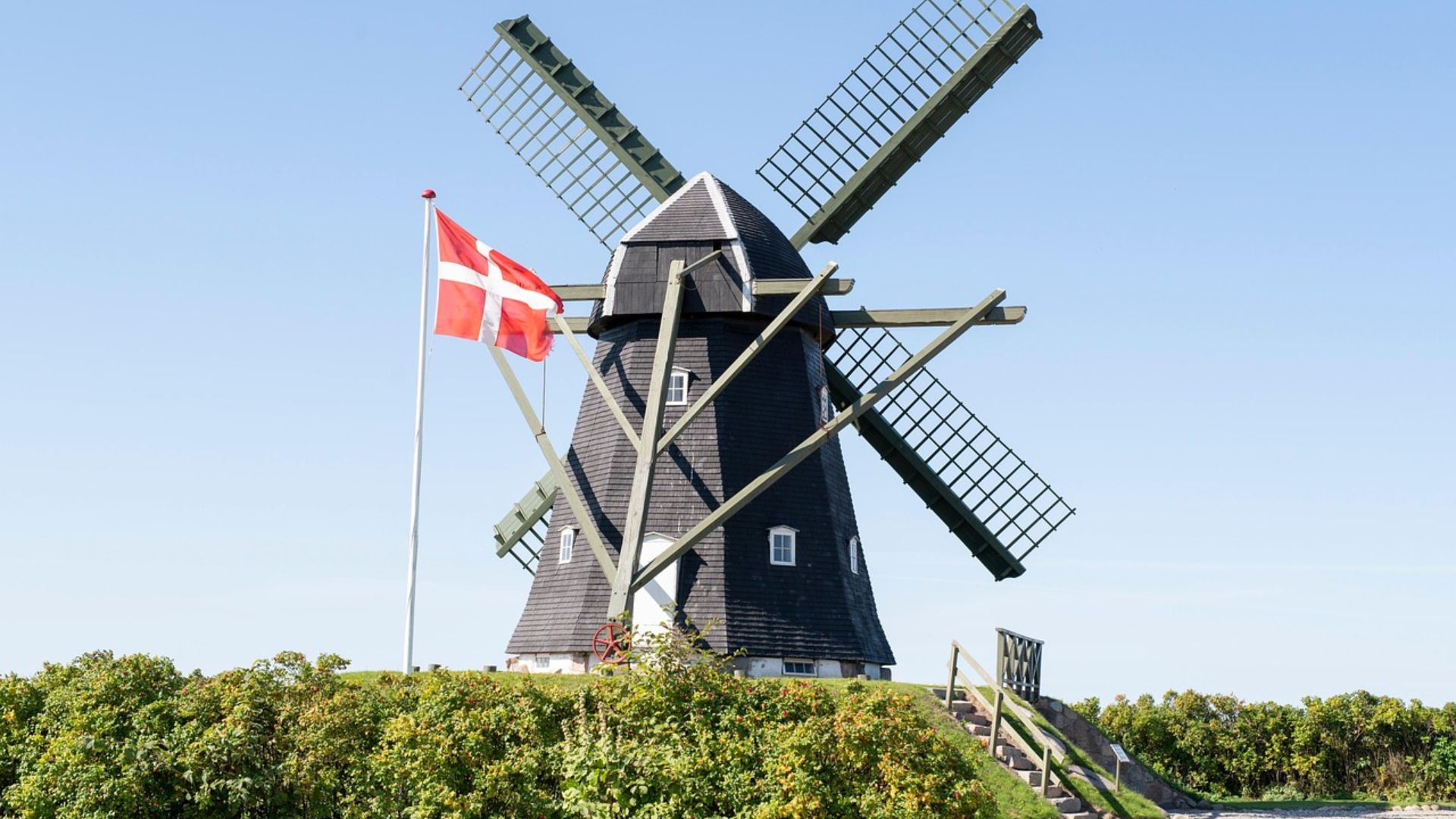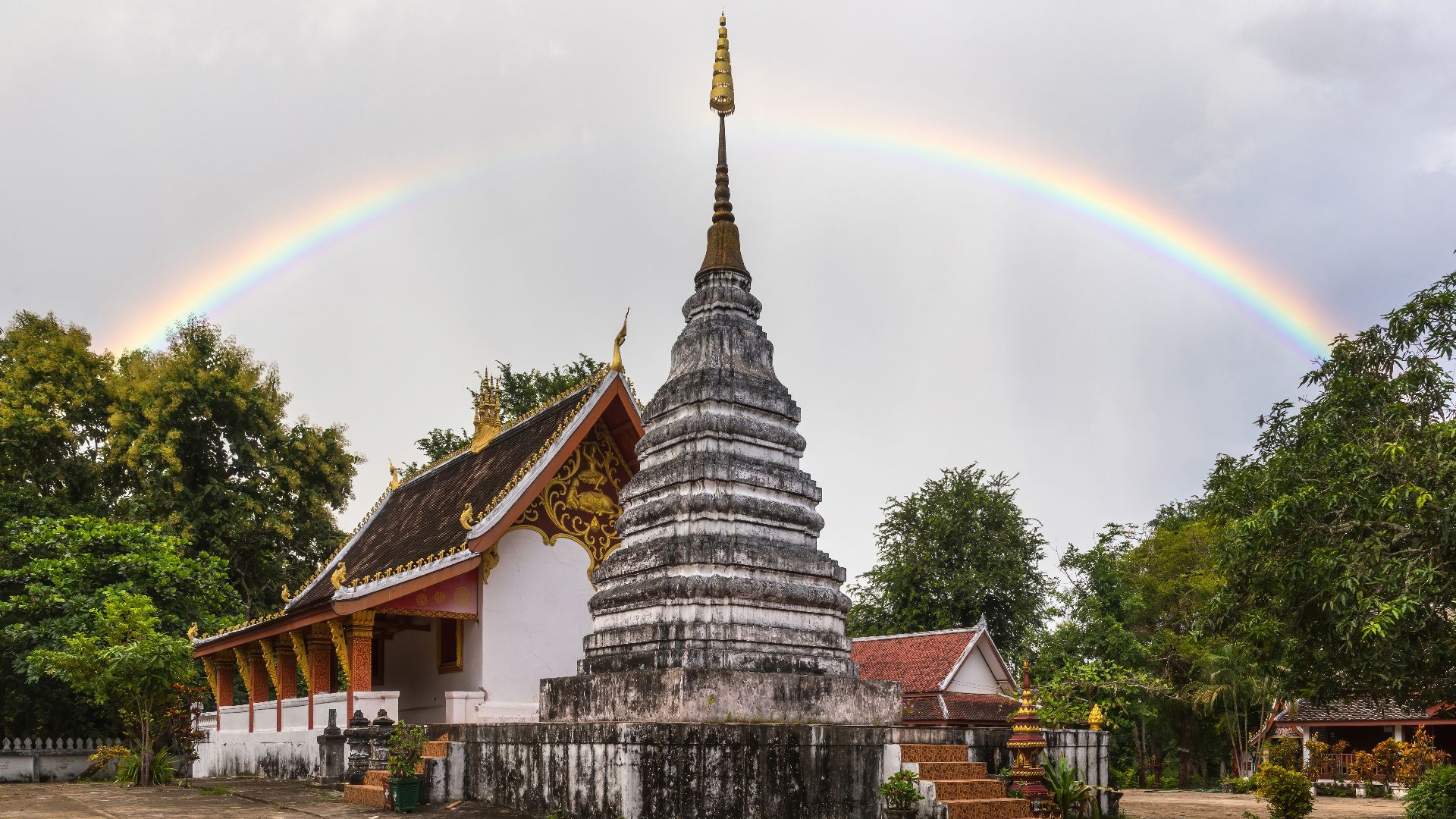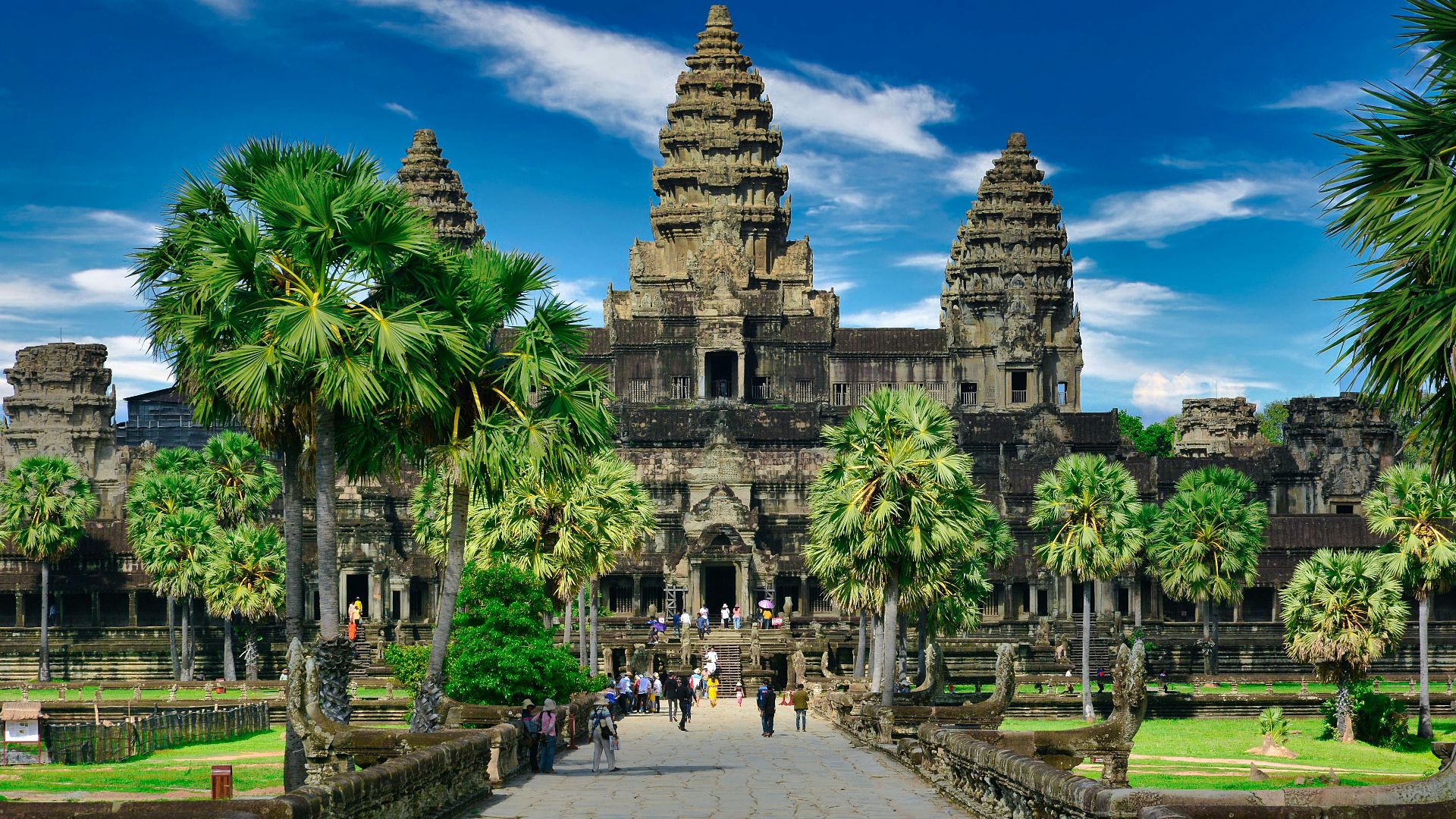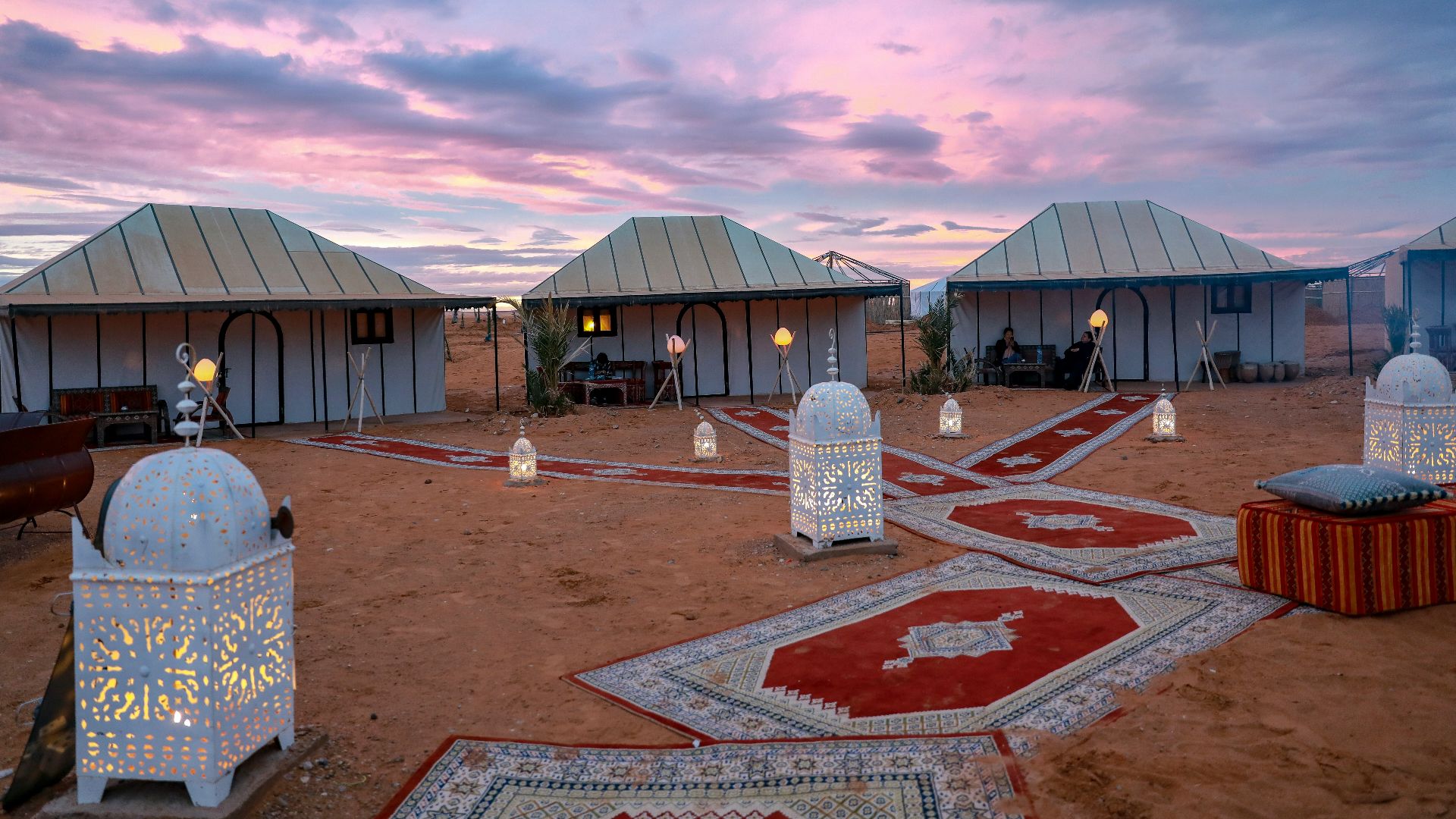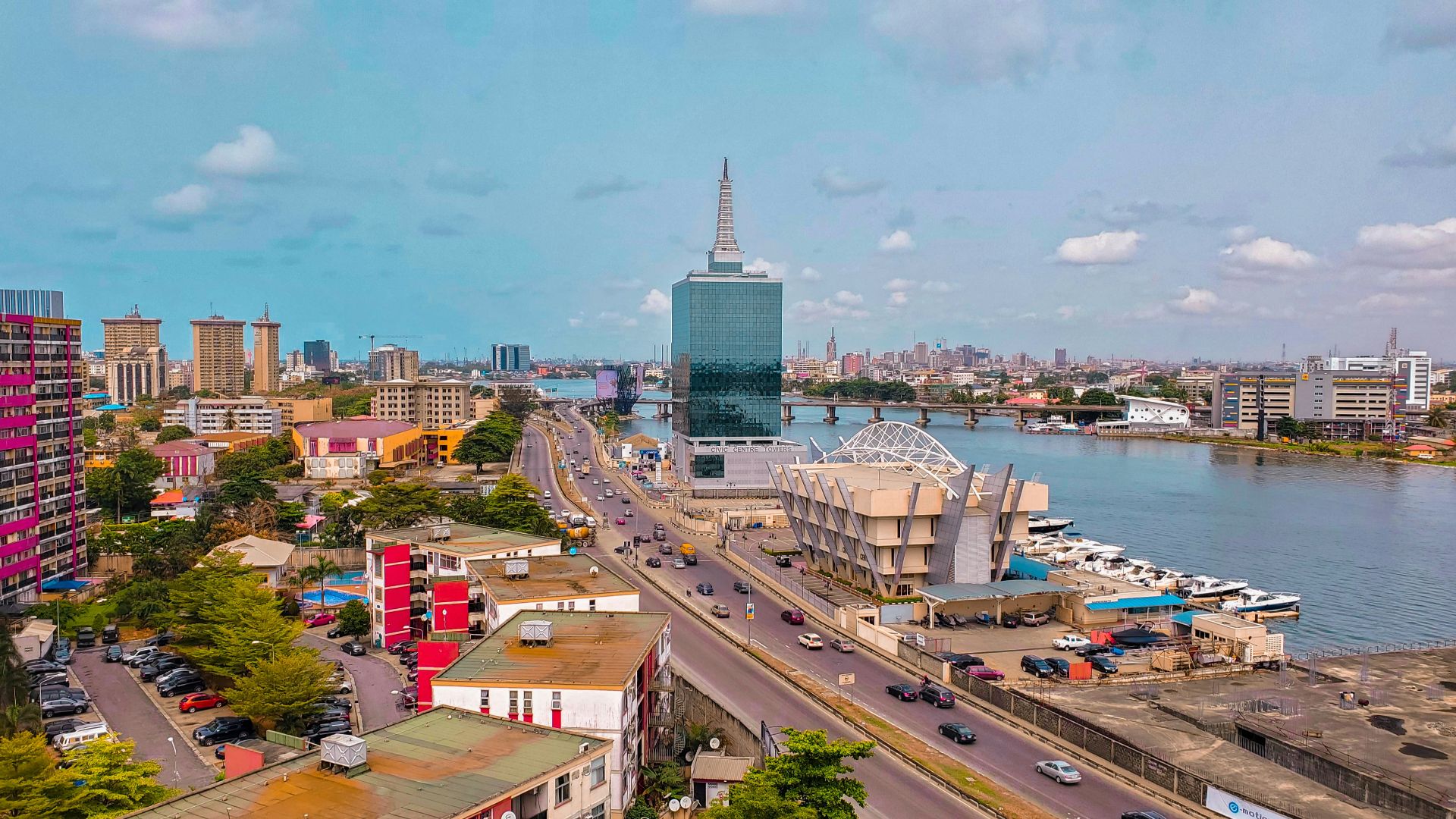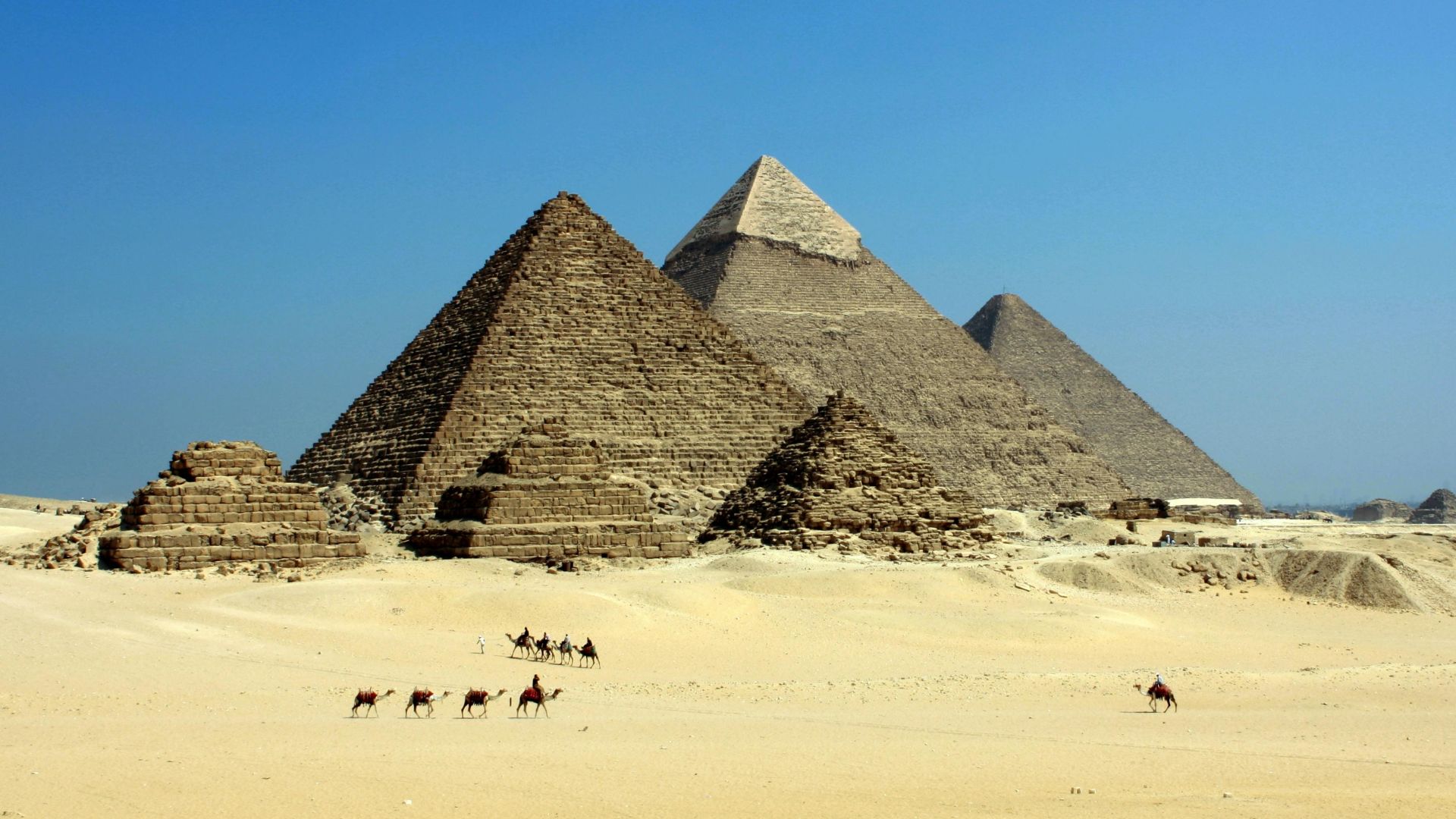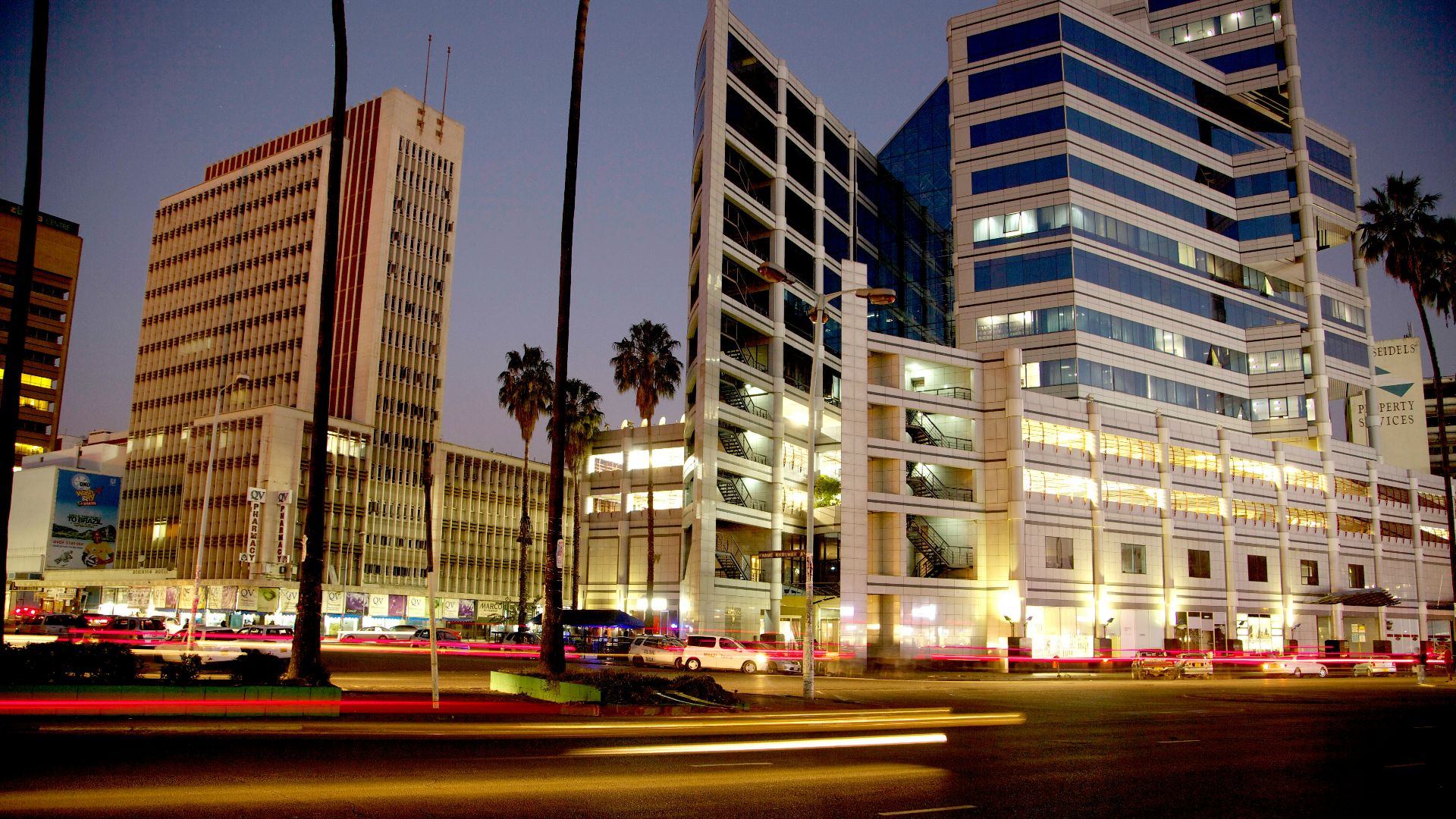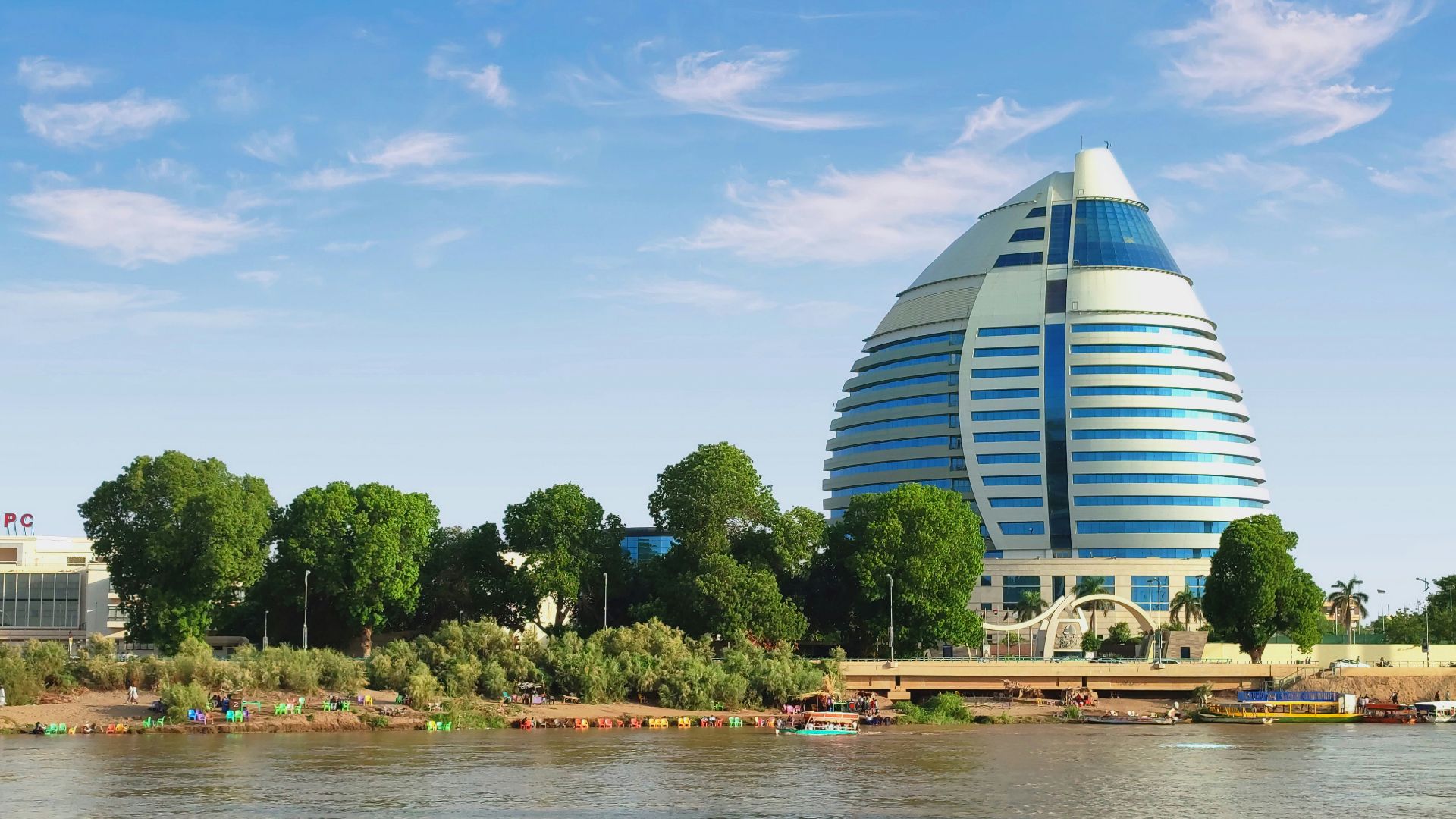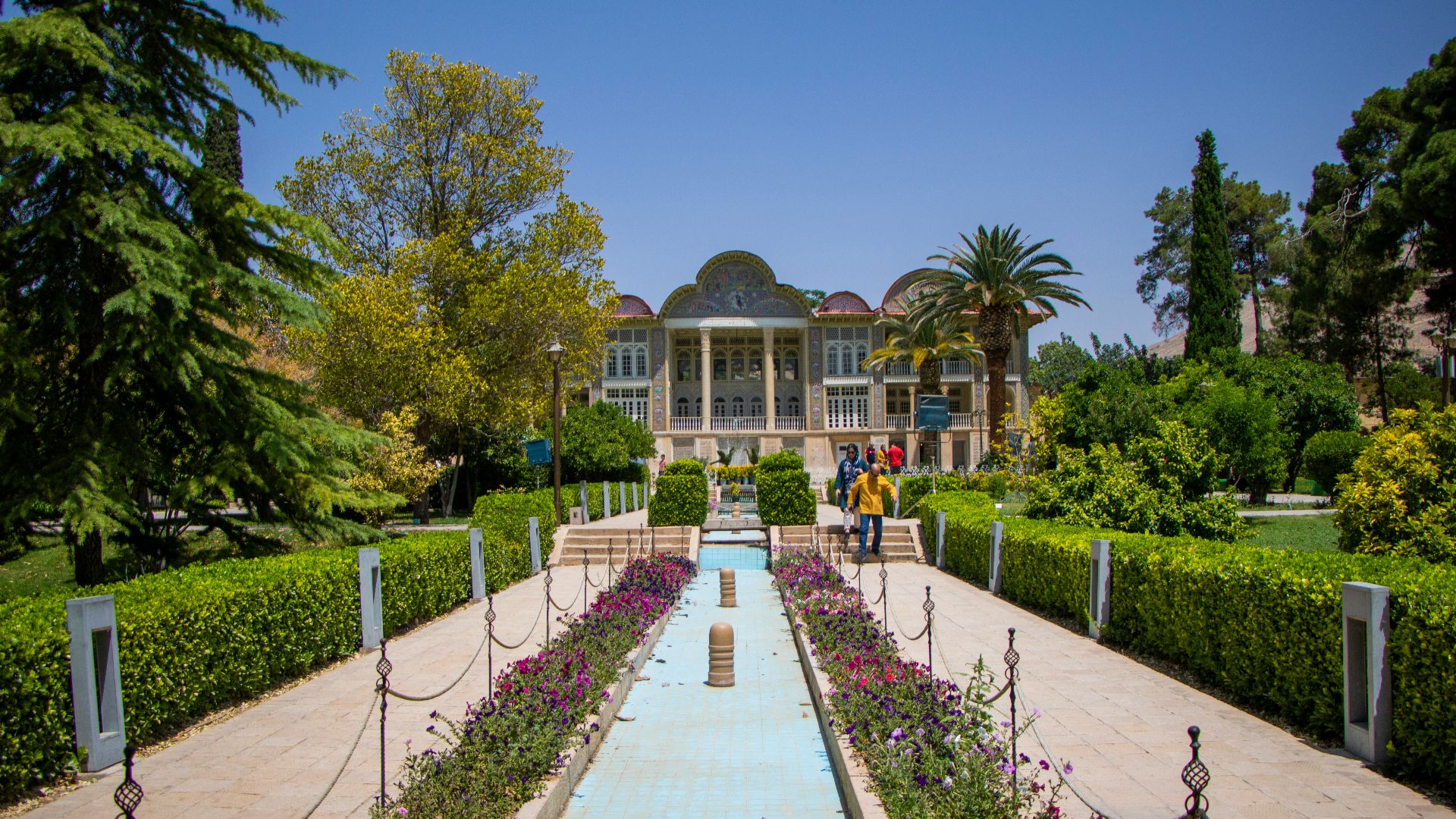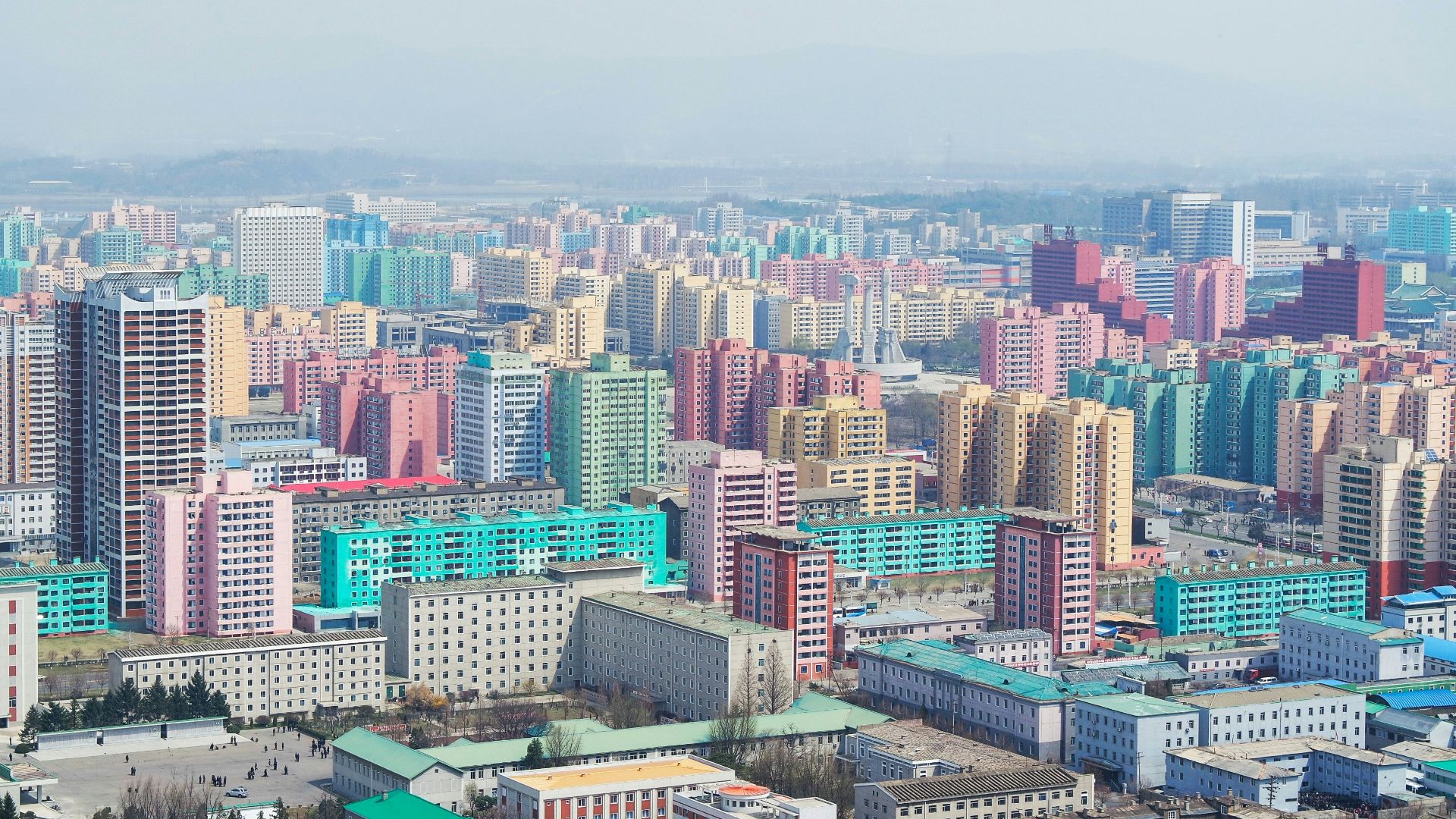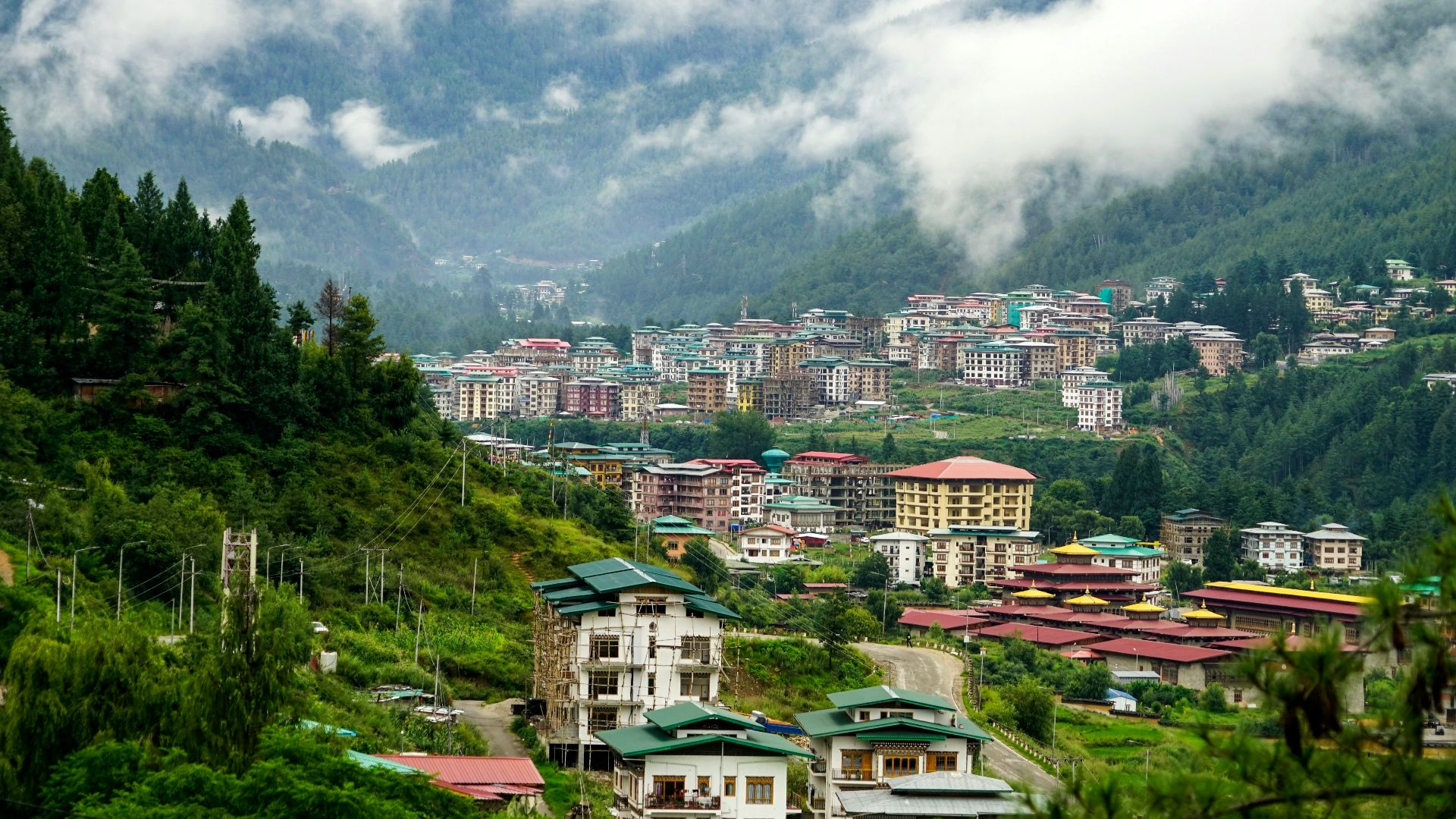Not Every Culture Is A Shock
Ever wondered why some countries feel like home while others leave you completely bewildered? Cultural similarities build invisible bridges between nations, connecting people across oceans and borders. On the other hand, some places can feel completely foreign. Let's look at 10 places that will feel like you never left before moving on to 10 that are vastly different.
1. Canada
Imagine driving north and crossing an invisible line, where suddenly Tim Hortons replaces Starbucks. Canada clasps universal healthcare while maintaining American-style democracy and consumerism. Despite French influences in Quebec, most Canadians consume media identical to Americans, which gives rise to a shared cultural foundation.
2. Australia
Americans feel strangely at home down under, where locals speak English with distinctive flair. Historical ties began when both nations emerged from British colonialism, developing similar legal systems and democratic values. Interestingly, Aussies enjoy outdoor barbecue culture with even greater enthusiasm than Americans.
3. United Kingdom
The special relationship between America and Britain runs deeper than diplomatic niceties. British entertainment dominates American screens while US corporations fill British high streets. The shared language (with variations) facilitates business partnerships and educational exchanges. Historical tensions have evolved into mutual admiration, though Brits maintain more reserved social customs.
4. New Zealand
Democracy thrives in this island nation where Māori cultural elements blend with Western institutions. New Zealanders often discover that Americans instantly understand their humor and values. The rugged individualism celebrated in American culture parallels Kiwi self-reliance. This occurs even though New Zealand's progressive politics often surpass American efforts.
5. Ireland
Ireland's neutrality during global conflicts contrasts with American interventionism, yet both nations cherish democratic principles. Celtic music, literature, and celebrations have thoroughly permeated American culture through centuries of immigration. Before entering an Irish pub, Americans might not realize how familiar the atmosphere will feel.
6. Philippines
English echoes through Manila's bustling streets alongside Tagalog. After 48 years as an American territory ending in 1946, Filipino society absorbed US political structures, educational systems, and entertainment preferences. Though deeply rooted in Asian cultural traditions, Filipinos hold on to basketball with a national passion.
7. Netherlands
Cycling through Amsterdam reveals a society that parallels American values of free expression while surpassing them in progressive policies. The Dutch speak English at rates approaching 90%, making American visitors feel immediately understood. Historical connections date to New Amsterdam (now New York), while present-day similarities include entrepreneurial mindsets.
8. Belgium
Chocolate shops and medieval town squares might look different, but Belgium's democratic institutions mirror these values in surprising ways. Brussels serves as headquarters for NATO and the EU, with constant cultural exchange with American diplomats. Belgium was the second country in the world to legalize same-gender marriage (2003).
9. Norway
Historical immigration brought over 800,000 Norwegians to America between 1825 and 1925. Norwegian consumers find American products familiar, with shopping malls and fast-food chains dotting urban scenarios. The stunning fjords of Norway hide a society that shares America's deep commitment to democratic principles
10. Denmark
Could Americans adapt to Danish life easily? Many expatriates say yes. Denmark balances capitalist enterprise with strong social safety nets. They choose individualism while balancing their community cohesion. Both cultures value directness in communication and innovation in business. They share American enthusiasm for holidays and celebrations.
After exploring nations where Americans might feel surprisingly at home, let's journey to places where cultural distinctions bring fascinating new perspectives
1. Laos
Centuries-old Buddhist temples rise above Laotian villages where collectivist values fundamentally contradict American individualism. Here, daily life revolves around community needs rather than personal achievement, with approximately 65% of Laotians practicing Theravada Buddhism. American visitors often find themselves adjusting to different concepts of punctuality.
2. Cambodia
Traditional Khmer greetings with pressed palms immediately signal to US citizens they've entered a vastly different cultural space. Cambodian society operates with distinct hierarchical structures affecting every interaction, from business meetings to family dinners. The historical trauma of the Khmer Rouge period shaped modern Cambodia differently.
3. Morocco
Have you ever tackled a medina's labyrinthine pathways? Moroccan markets are living examples of how differently space functions in this North African nation. Islamic traditions influence everything, such as business hours and gender dynamics, with five daily prayer times structuring the rhythm of Moroccan life.
4. Nigeria
Nigeria's vibrant diversity encompasses over 250 ethnic groups speaking 500+ languages. This contrasts sharply with America's relatively homogeneous linguistic setting. Tribal affiliations often outweigh national identity in importance, which influences political allegiances and social connections. Nigerians tend to find American social boundaries confusingly rigid.
5. Egypt
Pyramids stand as monuments to an ancient civilization that prioritized afterlife preparation over immediate gratification. Modern Egyptian society balances Islamic traditions with remnants of ancient practices, creating unfamiliar social expectations for Americans. Family honor also carries tremendous weight in decision-making processes, particularly regarding marriage and career.
6. Zimbabwe
In Zimbabwe, extended families function as economic units, sharing responsibilities and resources in systems that would seem invasively close to privacy-conscious Americans. Traditional healing practices coexist with Western medicine, reflecting Zimbabwe's integration of ancient wisdom with modern approaches. This cultural synthesis is said to be fundamentally different.
7. Sudan
Desert hospitality traditions require Sudanese hosts to offer guests everything available. Gender segregation remains common in many social contexts, with separate spaces for men and women during celebrations and gatherings. Tribal connections determine many life opportunities. These include educational access and marriage possibilities.
8. Iran
Apparently, Persian poetry recitations regularly punctuate Iranian conversations. This reflects a culture that values artistic expression away from the entertainment-focused approach. Iranian social interactions involve elaborate courtesy rituals called "tarof," where offers must be refused multiple times before acceptance. Despite political tensions, Iranian home life centers around hospitality values.
9. North Korea
Could you imagine living without internet freedom? North Koreans experience strictly controlled information access, unlike anything in American society. Government approval is literally required for nearly all media consumption. Collective accomplishment receives celebration, while individual achievement remains secondary. Additionally, Three-generation punishment policies develop family accountability systems.
10. Bhutan
Gross National Happiness guides Bhutanese governance instead of GDP. The prevalent Buddhist principles influence environmental protection laws and educational curricula in ways that would seem perplexingly spiritual to secular US institutions. Traditional dress remains mandatory in public buildings, preserving cultural continuity. No fast trends allowed!


